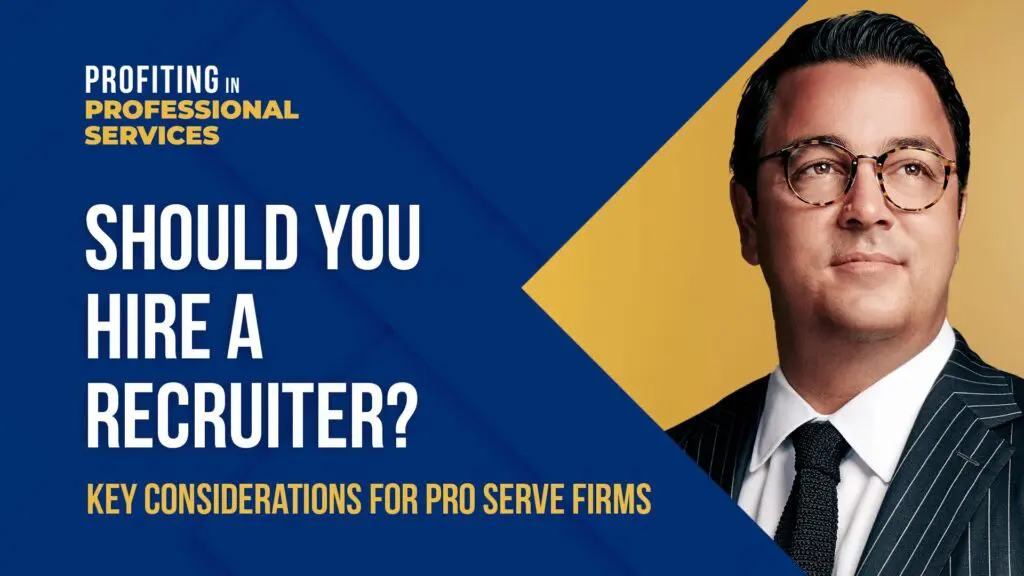Core Values: The Secret Blueprint for Sustainable Business Success
When it comes to shaping the future of your business, defining core values is essential. However, many founders delay this step far too long, leaving their culture to chance. In today’s workforce, especially with Gen Z leading the charge, culture reigns supremely. If your organization’s core values are not well-defined, it will not attract or retain top talent.





